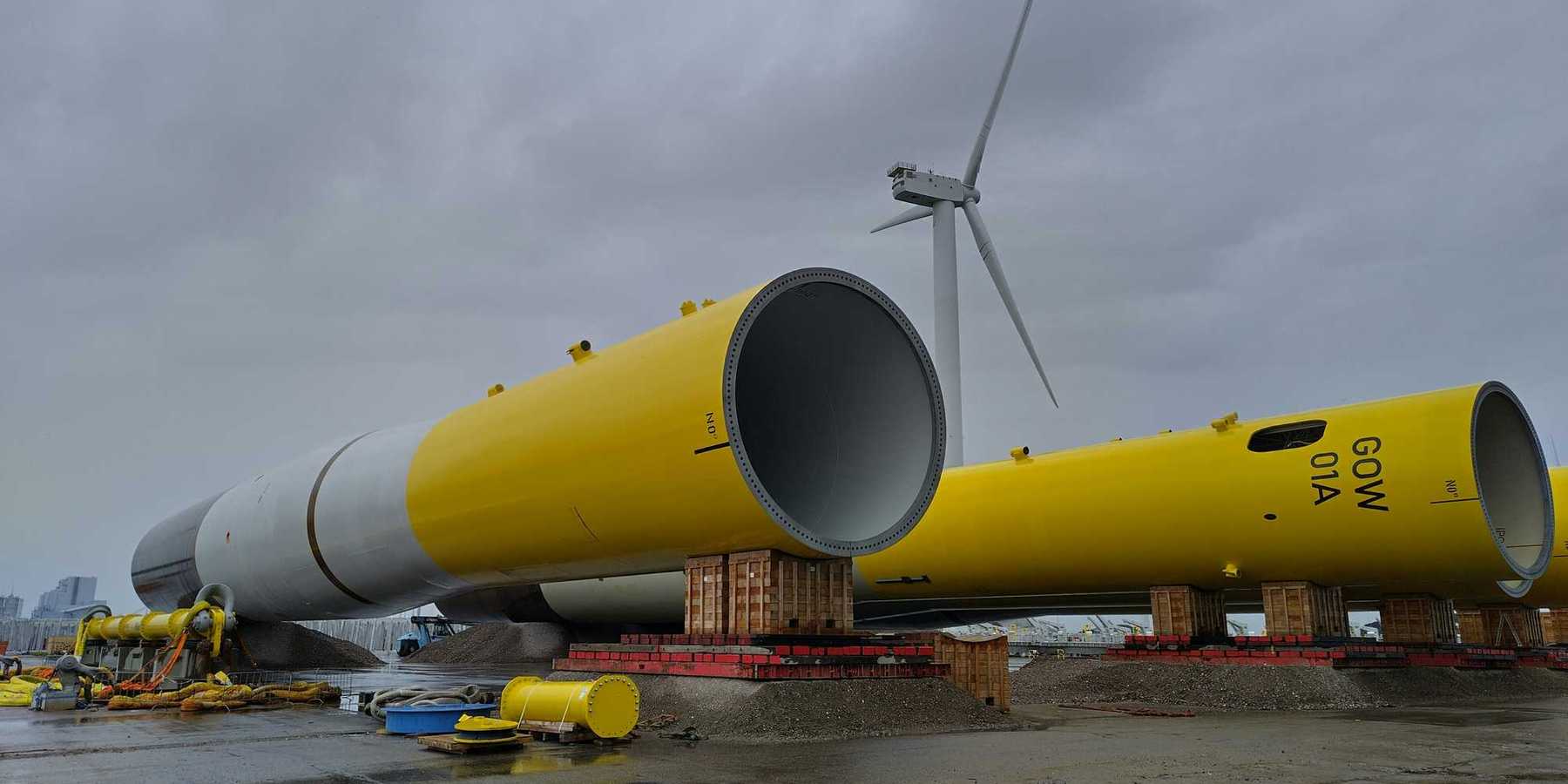Transitioning away from refrigerants that drive global warming is possible, study says
A new study published in Environmental Science: Processes & Impacts affirms that moving away from the use of fluorinated gases (F-gases) for refrigeration - which contributes to global warming - is both possible and already happening in some sectors.
In short:
- Compared to F-gases, non-fluorinated gases are more efficient and do not break down into trifluoroacetic acid (TFA), a toxic byproduct of F-gases that’s harmful when inhaled.
- While switching to non-fluorinated gases may come with some trade-offs in initial costs and operating capacity, these are outweighed by improved environmental safety and reduced expenses over time.
Key quote:
“F-gases represented 2.5% of the total EU greenhouse-gas emissions in 2023 and reducing their direct emissions is an important element in efforts to limit global warming.”
Why this matters:
Despite their high global warming potential, F-gases are used in everything from fridges to air conditioners, heat pumps, dehumidifiers and dryers. Strong regulatory action has proven effective in eliminating ozone-depleting refrigerants in the past, but the substances that have replaced them - including F-gases - have their own dangers. The authors of this study emphasize that when searching for solutions to the issues caused by F-gases, any trade-offs on efficiency should be considered unacceptable due to the potential for environmental harm.
Related EHN coverage:
- Flaw in Montreal Protocol allows U.S. facilities to pollute
- Senate aims to redefine PFAS to protect key chemicals from regulation
More resources:
- Bangor Daily News: How to find home appliances that don’t emit ‘forever chemicals’, which shares guidance on shopping for appliances free of F-gases.













